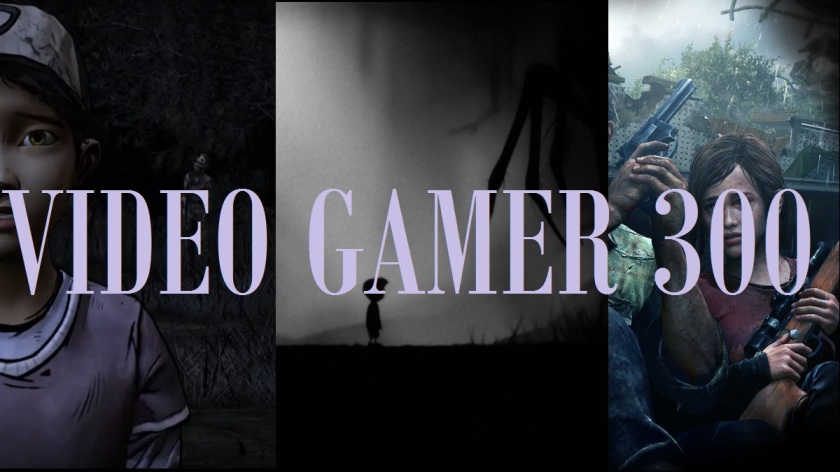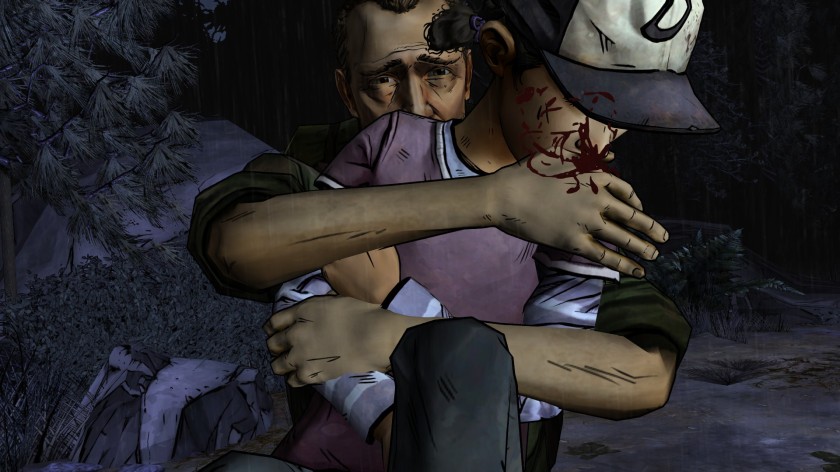(certain scenes from The Walking Dead: All That Remains will be discussed, expect minor spoilers)
Revisiting my playthrough of Limbo back in 2011 I recall pondering two things; (1) for a simple side scroller operating on a monochromatic palette, this game was exceedingly atmospheric; (2) for all its sullen and grim symbolism, would the game be robbed of its disconcerting vibe had the controllable character not resemble that of a child?—Likely. The decision to use a child protagonist was clearly a literary one and not one of chance—a different character archetype would not have yielded the same effect. So what are the implications and significance of playing as a minor?
Well there are two angle to meet this question by; one from the player’s perspective, and the other from the developer’s point of view.
Cavorting as Clementine in Telltale-Kirkman’s dystopic zombie infested universe, it’s become apparent that the emotional dynamics of using a minor as a protagonists are vastly different from that of using an adult. Watching her flounder through bodies of zombies, take tumbles along stray logs, and at one point, sink her teeth into a man’s hand in self-defence (something I’m sure Lee even in desperation wouldn’t have done), I found myself agonising over her trials and sufferings more than I would have with a grownup protagonist.
Children are functionally more vulnerable than their adult selves. As society has us always protecting the “defenceless” children and protecting their “innocence”, we subconsciously carry that sentiment into our games, and thus the pain in watching us fail them in that regard is amplified. A consequence of which was that I found myself exercising slightly more caution in my playthrough.
—
It is usually in the interest of supporting/building the game’s thematic concerns that a minor for a protagonist is chosen.
—
In the case of Limbo, child representations embody traits of youth – innocence being one of them. It is usually in the interest of supporting/building the game’s thematic concerns that a minor for a protagonist is chosen. In addition, developers can impose a sense of naivety on the player without insulting the player’s intelligence. Once bitten twice shy in the case of TWD: All That Remains when Clem is attacked by a dog she befriended moments ago, checks her (and the player’s) readiness to trust in subsequent segments. Sets like this feel more organic when played as a child as opposed to a grownup.
Added poignancy and literary justifications aside, there are of course more reasons/justifications for using child protagonists in video games. Depending on the setting and direction the presentation may vary but the effects will be similar. As developers become more comfortable at putting the gamer through the paces of a minor I foresee a richer, more diverse gaming experience for us all.

